Author Archive
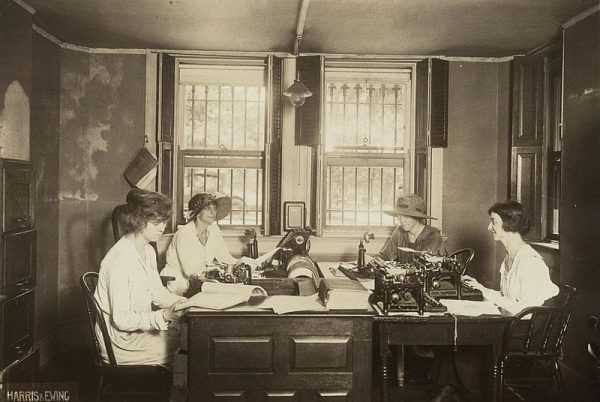
WORKPLACE BASICS
Employee Policy Handbook & Forms for 2025
In our upcoming annual virtual seminar for employers, Friday, February 28, 2025), we will again emphasize that current, clearly stated workplace policies are a business’s frontline protections against Labor Code claims.

CAUTIONARY TALE EPISODE 93
NOT SO SAFEWAY?
Cal/OSHA Cites Supermart for Serious Hazardous Conditions in Warehouse
When Cal/OSHA inspected Safeway’s large warehouse in Tracy, CA, it found “significant safety violations” meriting $182,000 in penalties.

WHAT’S NEW IN 2025
EDUCATION EDGE
Annual Virtual Seminar for Employers
Friday, February 28, 2025
Covering Employment Legal Essentials and New Workplace Laws
Last chance for 2025 to attend our annual HR law update and refresher.
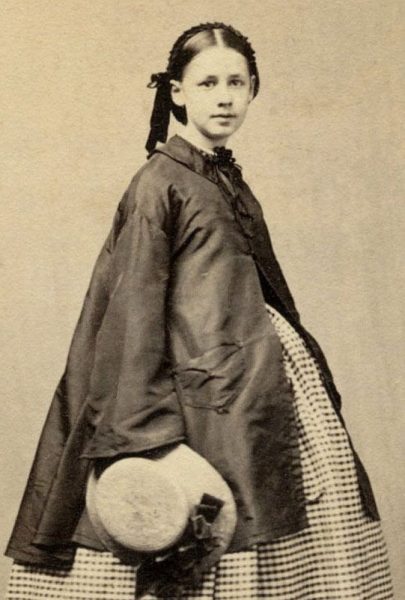
CAUTIONARY TALE EPISODE 92
PREGNANT WORKER DISCRIMINATION
Company Pays Big for Brushing Off Accommodations
Castle Hills Master Association Inc. (Castle Hill), the Texas employer of a disabled pregnant worker, failed to accommodate her time-off request for doctor-prescribed bed rest because she was ineligible for Family and Medical Leave or short-term state disability benefits. Instead, the property management company terminated her.
The Equal Employment Opportunity Commission (EEOC) filed court charges against Castle Hill for violation of the Americans with Disabilities Act (ADA).
The parties settled the case. Castle Hill is paying the pregnant worker $55,000 and will take measures to ensure employment opportunities for disabled individuals. It will also create protocols for handling reasonable accommodations for disabilities and train all employees on the protocols and ADA.
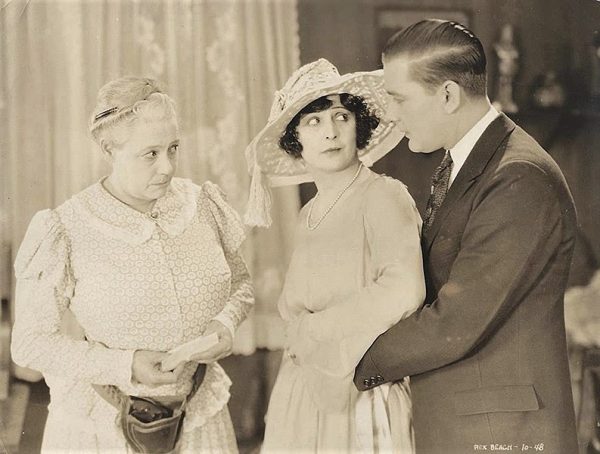
PREVENTION 101
Mandatory Sexual Harassment Prevention Training
Every two years, employers with five or more on payroll must provide at least two hours of classroom or other effective interactive sexual harassment prevention training and education to all California supervisory employees and at least one hour of such training to all nonsupervisory employees working on-site or remotely within California. New employees must complete this training within six months of hire.

WHAT’S NEW IN 2025
FINALE
Annual Virtual Seminar for Employers
Friday, February 28, 2025
Covering Employment Legal Essentials and New Workplace Laws
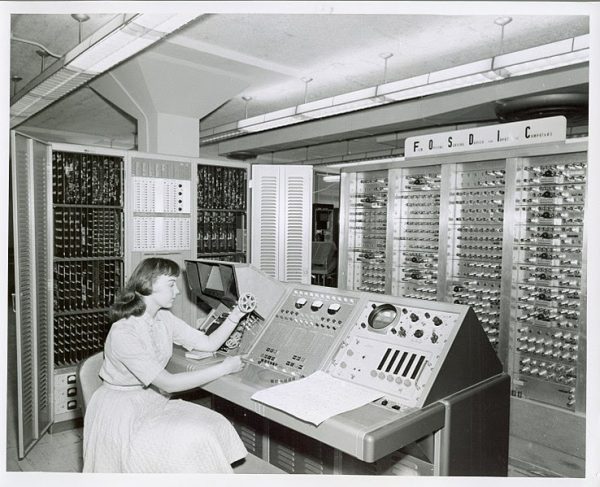
WHAT’S NEW IN 2025
Computer Software Employee Overtime Exemption Rates
California Labor Code section 515.5 exempts certain computer software professionals from overtime compensation upon receipt of specified minimum compensation.
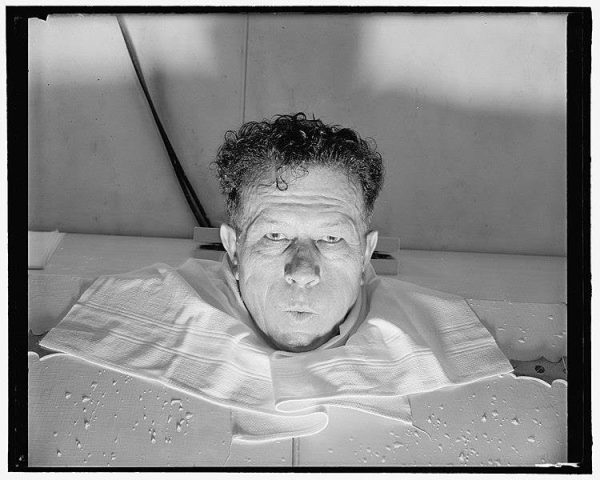
SWEAT THE DETAILS
Friendly Workplace Practices Audits Before PAGA Comes Calling
“Knowledge is power” is cliché, but true.
California heads the nation in regulating employee relations. While workplace laws usually arise to police the few employers crossing the line into worker exploitation, they subject the vast bulk of well-intentioned businesses to thousands of technical rules requiring close attention.
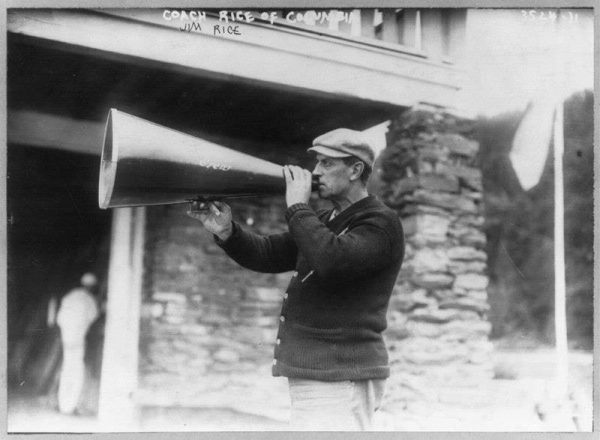
WHAT’S NEW IN 2025
WHISTLEBLOW ON SHOW
Labor Commissioner Issues Sample Rights and Responsibilities Poster

SAME-PAGE PROTOCOLS
Workplace Policy Handbook & Forms for 2025
In today’s well-attended webinar (Annual Virtual Seminar for Employers ), we emphasized that current, clearly stated workplace policies are an employer’s frontline protections against Labor Code claims.
